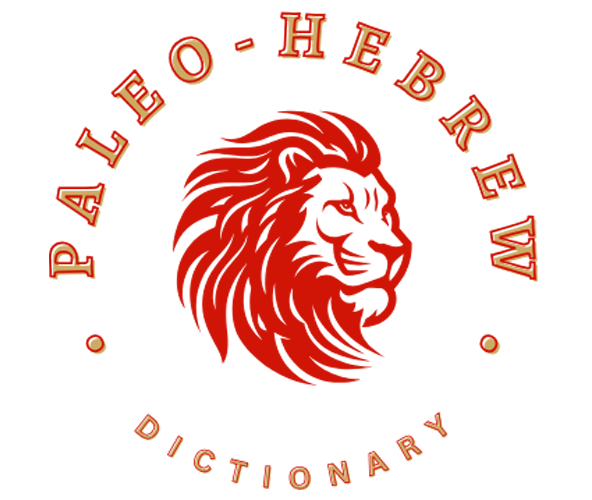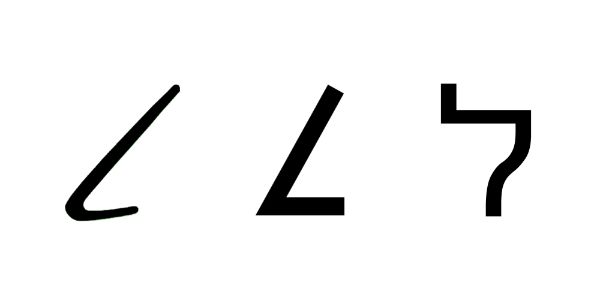The word alah (𐤀𐤋𐤄) means “god” meaning one of several deities, especially a male deity, presiding over some portion of worldly affairs.
The Paleo-Hebrew language or the original language of the Ābarayam is one spoken with an emphasis on the rauakh (breath, wind, spirit). With the language of the Ābarayam, each letter has a meaning and a number associated with it that adds meaning to each word they’re used with. Below you will be able to learn more about the letter in Ancient Hebrew, Yiddish Hebrew, Greek, and much more.
Letter Meanings
| Letter | Meaning |
|---|---|
| 𐤀 (a) – ah | Ox, strength, leader |
| 𐤋 (l) – la | staff, goad, control, toward, protect, authority, bind, yoke, lead |
| 𐤄 (h) – ha | look, behold, the, reveal, breath, life, man Suffix: to, toward, in the direction of, -ward, her, feminine form, it |
| Ābarayat Number | 36 = 1 (a) + 30 (l) + 5 (h) |
| Hebrew Gematria | 30 = 1 (a) + 20 (l) + 1 (a) + 8 (h) |
| English Gematria | 132 = 6 (a) + 72 (l) + 6 (a) + 48 (h) |
| Simple Gematria | 22 = 1 (a) + 12 (l) + 1 (a) + 8 (h) |
Based on the meaning of the letters the word could be defined as:
- “strength of staff of breath (life)”
- “strength to control breath (life)”
- “strength to protect breath (life)”
- “strength of authority (power) of breath (life)”
- “strength to bind breath (life)”
- “strength to lead breath (life)”
- “leader of control of breath (life)”
- “leader protection of breath (life)”
- “leader of authority (power) of breath (life)”
Definitions for 𐤀𐤋𐤄 / alah
| Language | Word | Transliteration | Pronunciation | Definition |
|---|---|---|---|---|
| Ābarayat | 𐤀𐤋𐤄 | alah | aw-law | God, god, possibly goddess. |
| English | God | god | god | one of several deities, especially a male deity, presiding over some portion of worldly affairs. |
| Hebrew | אַלָהּ | elah or alah or allah | el-aw’ or aw-law’ | God, god. |
| Arabic | إلهة | ‘iilha | ee-lah | goddess |
| Greek | θεός | theos | theh’-os |
Images for 𐤀𐤋𐤄 / alah
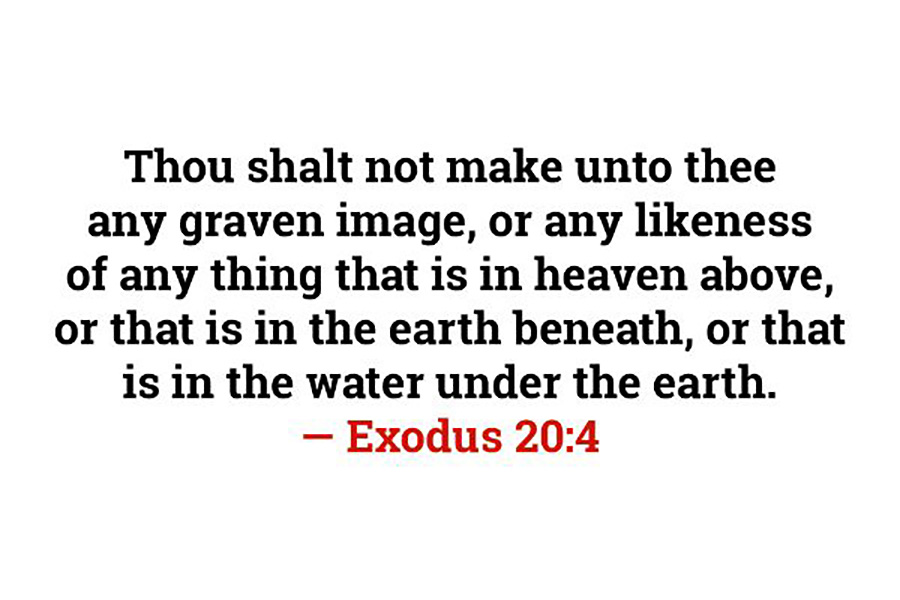
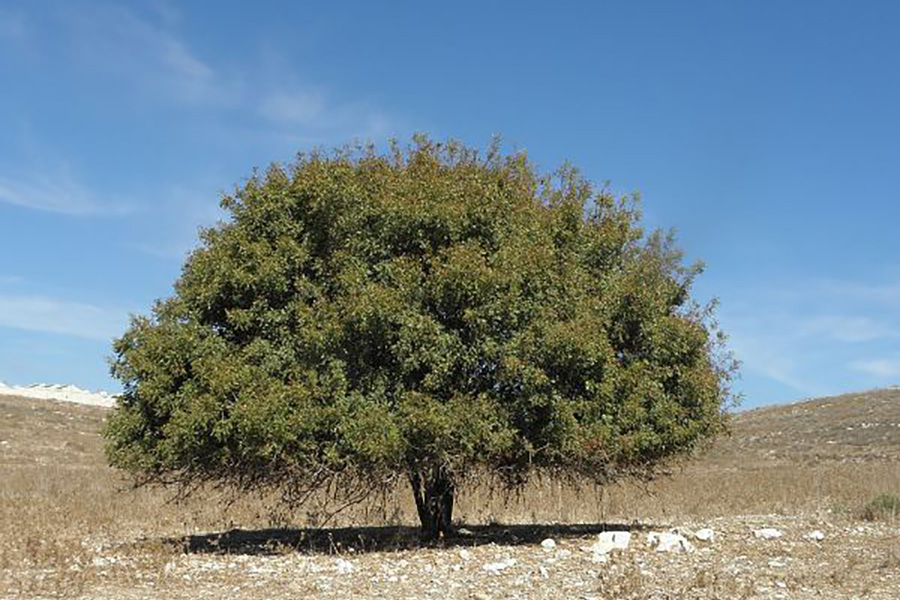
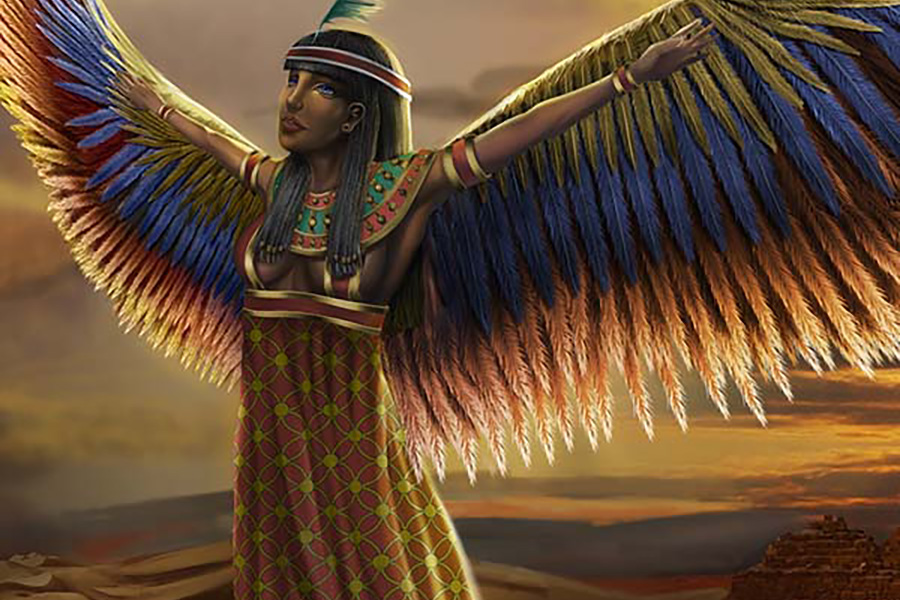
Definitions for 𐤀𐤋𐤄𐤉 / alahay
When adding the 𐤉 (yad) to the end of a word, it creates a possessive of the original word. It can either signify “my…” or identify a member of a nation. For example, 𐤏𐤁𐤓 (Ābar) is the progenitor, but 𐤏𐤁𐤓𐤉 (Ābaray) is the singular descendant of him also known as a Hebrew.
| Language | Word | Transliteration | Pronunciation | Definition |
|---|---|---|---|---|
| Ābarayat | 𐤀𐤋𐤄𐤉 | alahay | aw-law-hey | Godlike or divinelike |
| English | divinely | divinely | dəˈvīnlē | by the power of God or a god. |
| Hebrew | אֱלהִי | elohi | el-o-hee’ | God, god, specifically used of the supreme God. |
| Arabic | ألاهي | alahi | al-lah-ee | fateful |
| Greek |
Images for 𐤀𐤋𐤄𐤉 / alahay


Definitions for 𐤀𐤋𐤄𐤉𐤌 / alahayam
When adding the 𐤌 (mayam) after the 𐤉 (yad) to the end of a word, it creates a plural of the original word. It can identify multiple members of a nation. For example, 𐤏𐤁𐤓 (Ābar) is the progenitor, but 𐤏𐤁𐤓𐤉𐤌 (Ābarayam) are the plural descendants of him also known as Hebrews.
| Language | Word | Transliteration | Pronunciation | Definition |
|---|---|---|---|---|
| Ābarayat | 𐤀𐤋𐤄𐤉𐤌 | alahayam | aw-law-yawm | Gods, gods, plural of alah. |
| English | Gods | gods | gods | several deities, especially a male deity, presiding over some portion of worldly affairs. |
| Hebrew | אֱלהִים | elohim | el-o-heem’ | God, god, specifically used of the supreme God. |
| Arabic | الله | allah | al-lah | Allah, god, father, the Creator, maker |
| Greek |
Images for 𐤀𐤋𐤄𐤉𐤌 / alahayam


Definitions for 𐤀𐤋𐤄𐤉𐤕 / alahayat
When adding the 𐤕 (tau) after the 𐤉 (yad) to the end of a word, it creates a plural of the original word. It identifies the language or a sign of a nation’s existence. For example, 𐤏𐤁𐤓 (Ābar) is the progenitor, but 𐤏𐤁𐤓𐤉𐤕 (Ābarayat) is the language of him also known as Paleo-Hebrew language.
| Language | Word | Transliteration | Pronunciation | Definition |
|---|---|---|---|---|
| Ābarayat | 𐤀𐤋𐤄𐤉𐤕 | alahayat | aw-law-yawt | divine |
| English | divine | divine | dih-vahyn | of or relating to a god, especially the Supreme Being. |
| Hebrew | ||||
| Arabic | ||||
| Greek |
Images for 𐤀𐤋𐤄𐤉𐤕 / alahayat


Classification
You can continue your studies of the words by viewing Strong’s entries for:
